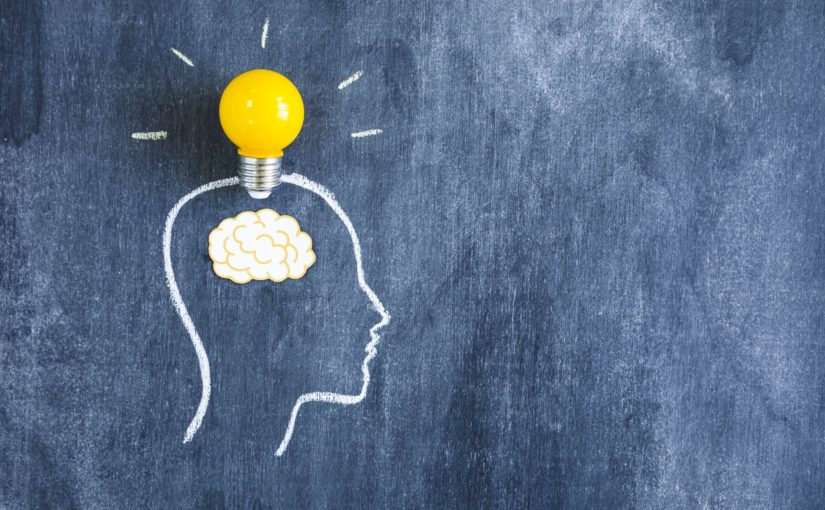This week’s quote comes from Emil Cioran: „Our real wealth: the hours in which we have done nothing. They are what shape us, individualise us, distinguish us.“
I have discovered two possible interpretations of this quote, both of which go in a completely different direction.
The first interpretation I see is that our leisure time, which we don’t spend earning money, is crucial to how we develop. Do we just sit on the couch and let ourselves be entertained or are we active, learning a language, an instrument or going out into nature? Our experiences and adventures shape us and change us. This is how the difference in attitudes, interpretation patterns and attitudes arises. Perhaps this also has an influence on our prejudices and values, for example when we get to know other cultures and / or countries.
The second interpretation I see is that time shapes and changes us when we were simply in our thoughts, i.e. when we are doing nothing from the outside perspective. When we reflect on the day, our behaviour and, even more profoundly, our thoughts. In doing so, we become self-effective, self-aware and reconsider whether we have acted in accordance with our values and desires. We can also include our physical reactions in the reflection: How and what did I feel in the individual situations? How did my body feel? What did my body want to tell me in the situation? This reflection allows us to grow, as we can recognise and perceive a lot about ourselves. Through self-awareness, we can learn, grow and change. The main question is here what and not why, as why is seeking for quilt and is looking back. What is more future orientated and create opportunities (see research from Tasha Eurich).
My second interpretation is more of a mindfulness exercise that has been proven to help us develop. The development is different from that in my first interpretation of the quote. The above development leads to new or improved skills and abilities. The development below develops the mind and character.
Which interpretation do you choose?
Here are some links to meta-analysis of mindfulness:
– Frontiers | A meta-analysis of the association between mindfulness and motivation (frontiersin.org)
– A synthesis of meta-analyses of mindfulness-based interventi… : PAIN (lww.com)
– (4) (PDF) Meditation, Mindfulness, and Attention: a Meta-analysis (researchgate.net)
– (4) (PDF) Mindfulness as Attention Training: Meta-Analyses on the Links Between Attention Performance and Mindfulness Interventions, Long-Term Meditation Practice, and Trait Mindfulness (researchgate.net)

